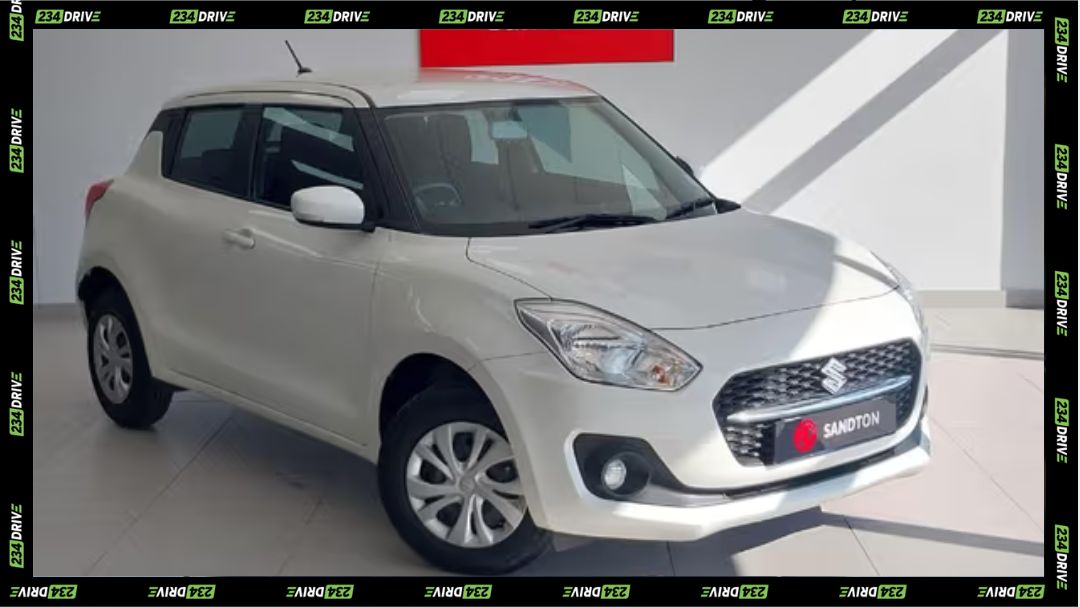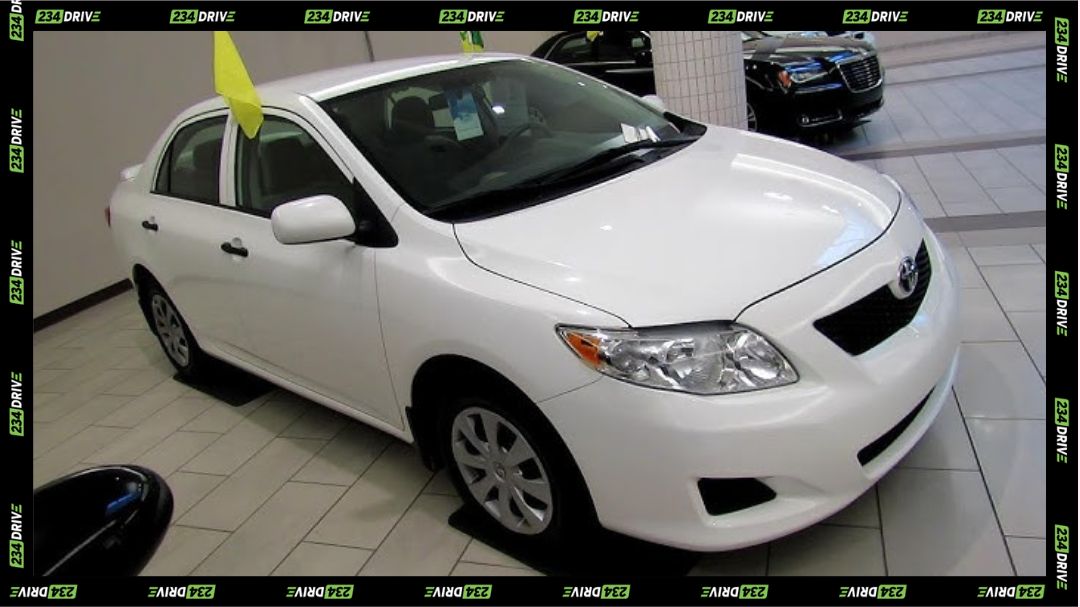Morocco has officially entered the electric vehicle market with the Dial-E, its first fully home-designed and locally manufactured EV. Built by Neo Motors, the Dial-E marks a turning point in the country’s automotive industry, combining national innovation with global ambition. The unveiling took place during National Industry Day in Rabat in early November 2025, symbolising Morocco’s drive for industrial independence and green mobility.
The Dial-E represents years of development since Neo Motors’ founding in 2018. Unlike early reports suggesting a 300 km range and solar-assisted design, official specifications confirm a 150 km range, 85 km/h top speed, and a price tag between 99,800 and 100,000 MAD (around $10,000). While there are no solar features, the EV boasts full EU L7e-CU certification, making it the first African electric vehicle cleared for export to Europe without restriction.
Neo Motors designed the Dial-E for urban mobility, delivery fleets, and tourism services—areas that need compact, efficient transport. Its locally sourced components include the chassis, wiring, and upholstery, achieving between 25% and 55% local integration. Powering the Dial-E is an in-house battery compatible with standard EV charging systems, emphasising simplicity and accessibility.

Production takes place in Aïn Aouda, near Rabat, where Neo Motors has expanded its factory to 15,000 square metres. The facility employs 115 workers, many of whom are graduates of OFPPT vocational schools. This partnership ensures continuous training in EV assembly and design, giving young Moroccans technical skills in one of the world’s fastest-growing industries. The project aligns with Morocco’s industrial vision of sustainable, high-value manufacturing and youth empowerment.
The Dial-E’s significance extends beyond its specs. Its launch positions Morocco as a genuine player in the global EV space. With Europe and Africa as target markets, Neo Motors aims to produce up to 10,000 units annually by 2026. The company has already secured partnerships with logistics firms like La Voie Express and Building Logistique Services to deploy early fleets. CEO Nassim Belkhayat called the car a message to the world.
At the unveiling, Industry Minister Ryad Mezzour highlighted how the Dial-E embodies the “Made in Morocco” label, a testament to national capability and innovation. The country now boasts more than 260 automotive suppliers and the capacity to produce nearly one million vehicles per year, mainly driven by hubs in Tangier and Kenitra. With EV sales exceeding 2,000 units in 2024, the Dial-E strengthens Morocco’s clean mobility agenda amid global decarbonisation trends.
Neo Motors initially considered a Casablanca stock exchange listing but postponed it to focus on scaling production and exports. The company’s roadmap prioritises stable growth and local job creation before financial expansion. Videos from the factory show lines of workers assembling vehicles and conducting performance tests—a powerful image of Moroccan craftsmanship and pride.
Some confusion persists online between Neo Motors and NamX, a separate Moroccan startup developing hydrogen-powered vehicles. But Neo Motors is the first to bring a fully homegrown EV to market. Its pragmatic approach, simple, affordable, and export-ready—sets it apart from experimental or concept-focused peers. The Dial-E isn’t built to impress luxury markets; it’s built to move people and goods efficiently across cities.
The Dial-E’s debut signals more than just Morocco’s entry into electric mobility. It represents a strategic shift: building value chains at home, empowering skilled labour, and claiming a seat in the global automotive future. The real question now is how quickly Morocco can scale this momentum, and whether other African nations will follow suit in developing vehicles designed, built, and branded entirely on the continent.









